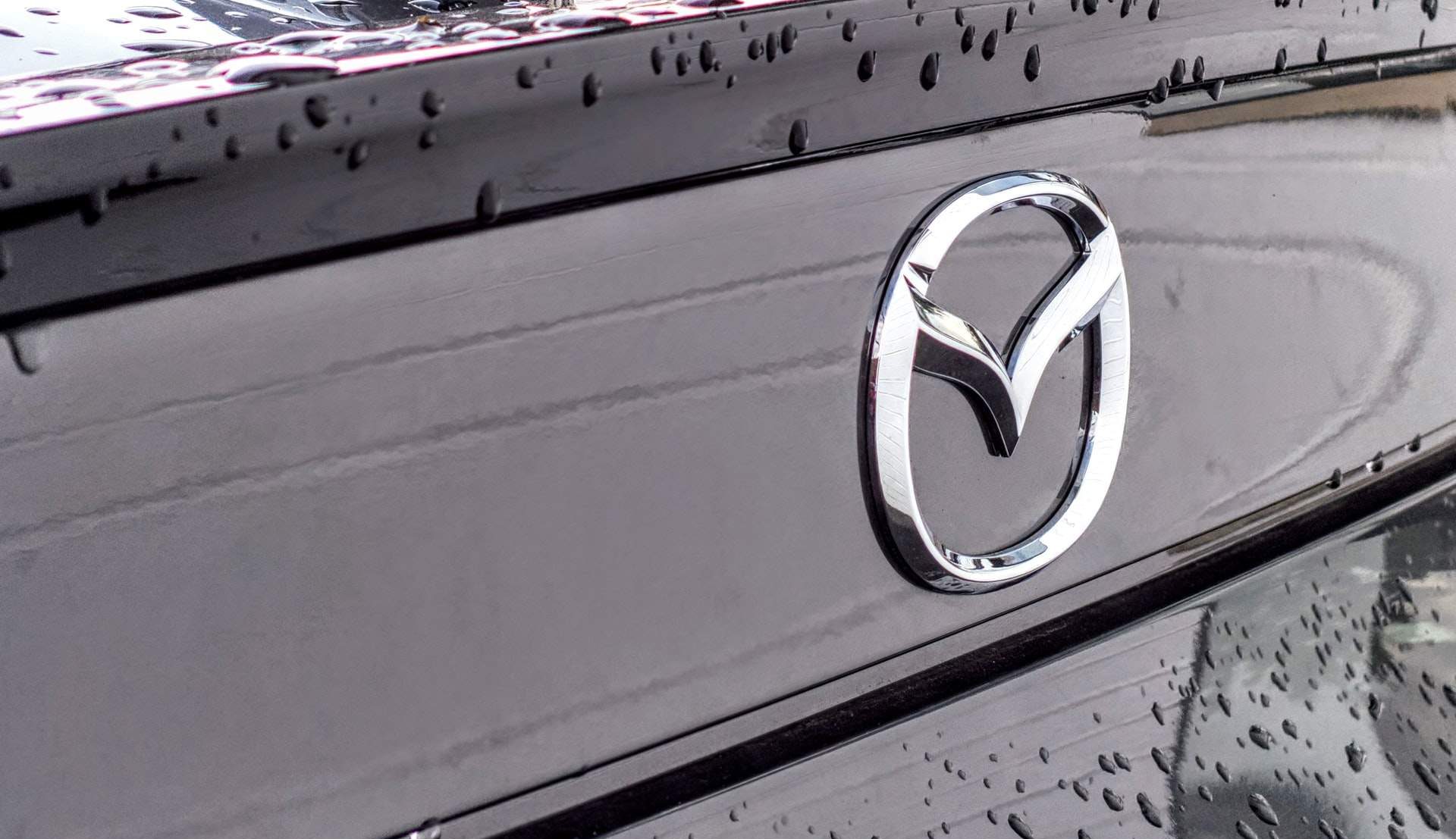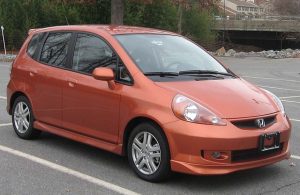Mazda has, in fact, gone and changed its direction with its big family SUV. Moreover, the Japanese brand has ditched its diesel power from its cheaper front-wheel-drive CX-8 SUVs. Moreover, instead of reserving the fuel for the more expensive all-wheel-drive versions.
Mazda – Diesel Seven-Seater
In fact, this does mean that the cheapest diesel seven-seater in Mazda’s range is now really more than $50,000 drive-away. In 2018, Mazda did initially launch the seven-seat CX-8 in Australia first as a diesel-only vehicle.
Also, this was because of the CX-9. It is the maker’s other seven-seat SUV. Moreover, it was only available with a petrol engine. There are buyers who were really keen on a diesel version.
Moreover, there are large SUV buyers that did prefer diesel power. It was for its fuel efficiency. There is a large amount of torque. It does make it easier to move heavy vehicles.
Also, the front-wheel-drive CX-8 models do use a 2.5-liter petrol engine that makes 140kW and 252Nm. Also, this does compare to all-wheel-drive models. It is using a 2.2-liter turbocharged diesel unit making 140kW and 450Nm.
Moreover, the petrol CX-8 is priced from $39,990 before the on-road costs. It is adding diesel. There is an all-wheel-drive which does costs an extra $7000.
In 2020, when Mazda did first introduce a petrol version of the CX-8. Then, he proved it was popular and then accounted for more than 70 percent of sales.
Vinesh Bhindi, Mazda Australia Managing Director, says “Customer demand for the model that does continue to grow. It would be from November 2020 to November 2021. Plus we have seen a more than 80% increase in sales. Then encourage us to further diversify the range to give customers even more choice.”
Diesel-Powered SUVs
Also, the sales of diesel-powered SUVs have, in fact, did start to slowly decline. It would be in the past few years. Then the buyers do switch to more environmentally-friendly hybrids.
In fact, diesel fumes have been linked to cancer. In addition, to respiratory disease. Also impaired cognitive function in children. Also, they produce more smog-forming pollutants than petrol cars.






